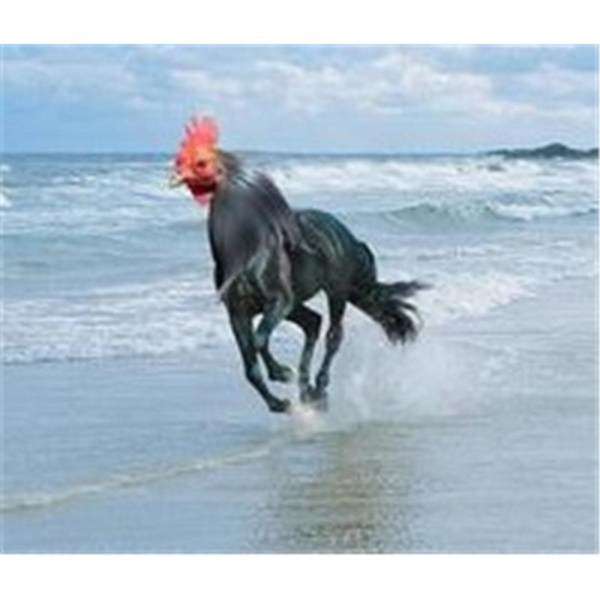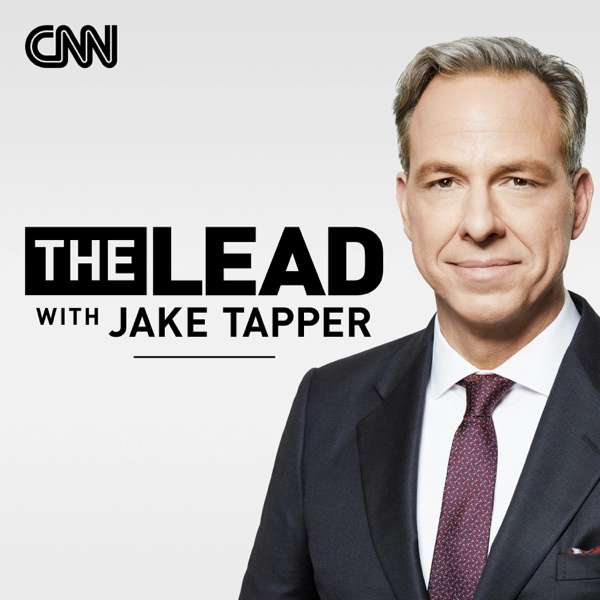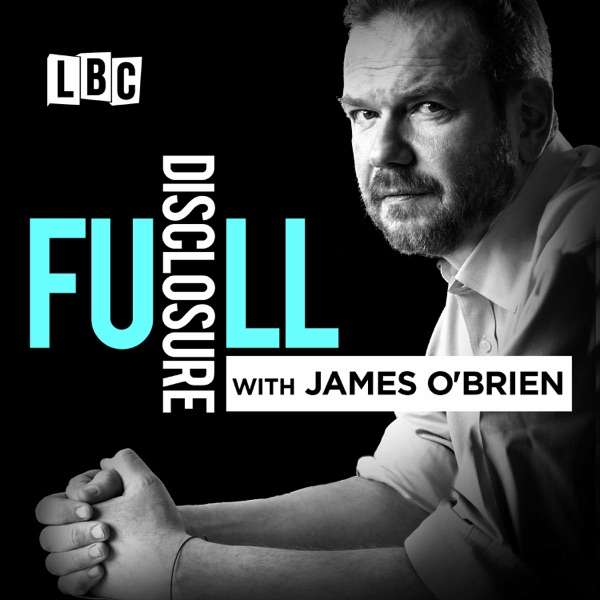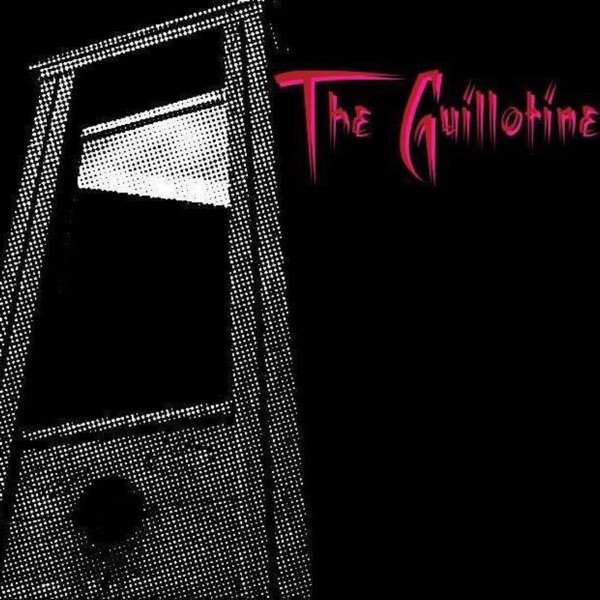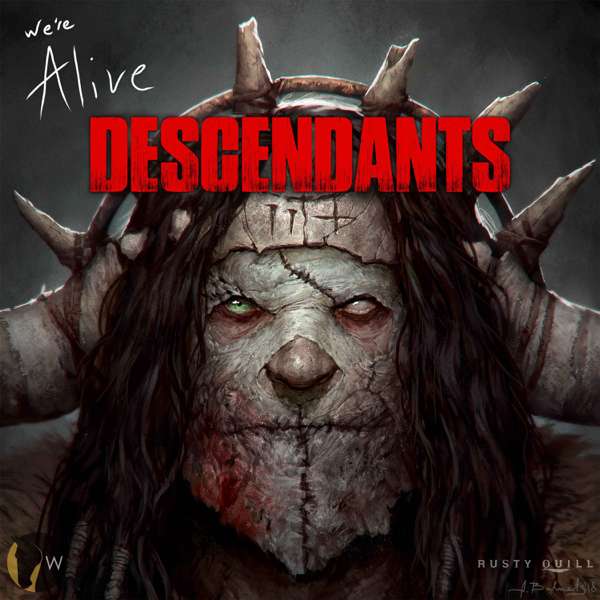Russian forces retreated from the regional capital city of Kherson last week in a significant setback for Putin. Videos spread of both joyous residents welcoming and hugging Ukraine troops and the devastated city that the Russian military left behind after 8 months of occupation. But even with this defeat, Russia was simultaneously hammering other regions of the country, including the port city of Mykolaiv. With winter approaching, there are concerns about the country’s access to electricity, water and heat as well as the prospect of troops fighting in sub-zero conditions.
Today we’ll look at where the war is headed as we enter nine months of costly fighting, destruction and death. We’ll talk about what the withdrawal from Kherson signals about Russia’s strategy – and the options Putin maybe weight as his military continues to suffer losses. How long with will the U.S. continue to support the war effort and is it time to explore diplomatic avenues?
Guests
Jeffrey Gettleman, foreign correspondent for the New York Times. @gettleman
Dara Massicot, senior policy analyst at Rand Corporation. @massdara
Andrew Weiss, vice president of studies at the Carnegie Endowment for International Peace and author of Accidental Czar: The Life and Lies of Vladimir Putin, a new graphic biography of President Vladimir Putin. @andrewsweiss
We recommend
The New York Times, Accounts of Torture Emerge From Kherson, Ukraine’s ‘City of Fear’ -“Just days after the southern city of Kherson was liberated after eight months of Russian occupation, accounts of beatings, torture and disappearances are emerging.”
The New York Times, For the first time in months, there’s some peace in southern Ukraine – “I feel joy,” he said. “I can clean the school. I can buy generators. I can replace the glass in the windows. Before, when there was shelling, it didn’t make sense to do that. Now, finally, I can plan.”
The Atlantic, The Russian Empire Must Die – A better future requires Putin’s defeat—and the end to imperial aspirations.

 Our TOPPODCAST Picks
Our TOPPODCAST Picks  Stay Connected
Stay Connected


